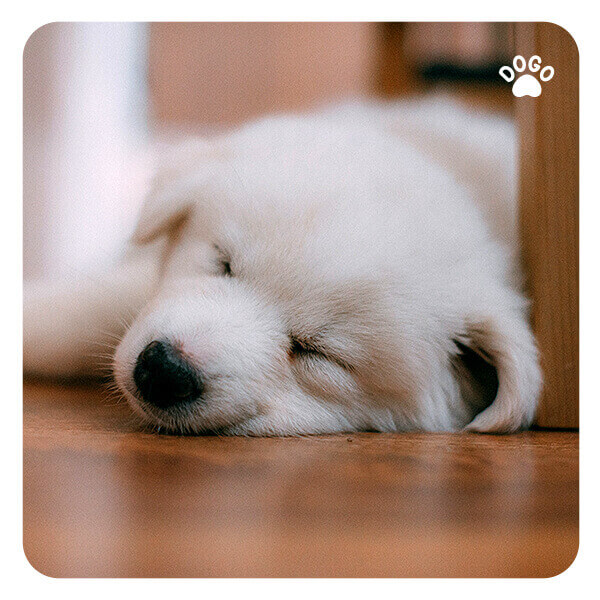 As dog owners, we often wonder about the behaviors and habits of our furry companions. One common question that arises is, “How many hours does a dog sleep?” Understanding a dog’s sleeping patterns not only helps us comprehend their needs better but also allows us to ensure they are living a healthy and balanced life. Let’s delve into the fascinating world of canine slumber.
As dog owners, we often wonder about the behaviors and habits of our furry companions. One common question that arises is, “How many hours does a dog sleep?” Understanding a dog’s sleeping patterns not only helps us comprehend their needs better but also allows us to ensure they are living a healthy and balanced life. Let’s delve into the fascinating world of canine slumber.
Dog Sleep Patterns
Dogs, like humans, have varying sleep needs depending on their age, size, breed, and overall health. On average, adult dogs tend to sleep for about 12-14 hours a day. Puppies, however, need significantly more sleep, often snoozing for up to 18-20 hours per day. It’s important to note that larger breeds may require more sleep compared to smaller ones. Additionally, older dogs may also spend more time napping during the day. Understanding the specific needs of your dog is crucial to providing them with the right environment for a restful sleep.
Factors Affecting Dog Sleep
Several factors influence a dog’s sleeping habits. One critical aspect is the amount of physical and mental stimulation your dog receives during the day. Dogs that engage in regular exercise and mental enrichment tend to have more restful sleep. Similarly, the quality of their diet and any underlying health issues can impact their sleep patterns. Just like humans, dogs can suffer from sleep disturbances, so it’s essential to observe any changes in their sleeping behavior and consult a veterinarian if necessary.
Creating a Restful Environment
As responsible pet owners, it’s our duty to provide our dogs with a comfortable and safe sleeping environment. This includes a cozy bed, free from drafts and excessive noise, located in a quiet area of the house. Ensuring a regular schedule for feeding, exercise, and bedtime can also contribute to a more consistent and restful sleep pattern for your furry friend. Remember, a well-rested dog is likely to be happier, healthier, and more energetic during their waking hours.
Understanding Your Dog’s Needs
Ultimately, every dog is unique, and it’s essential to pay attention to your pet’s individual needs and behaviors. Some dogs may be more active during the day and sleep soundly through the night, while others might prefer shorter naps throughout the day. By observing your dog’s habits and adjusting their routine accordingly, you can help them achieve a more balanced and fulfilling lifestyle.
In conclusion, the amount of sleep a dog needs varies based on several factors, and it’s crucial to understand and accommodate those needs. By providing a nurturing environment, regular exercise, and attentive care, we can ensure that our beloved canine companions enjoy restful and rejuvenating sleep, contributing to their overall well-being and happiness.
[/fusion_text]

